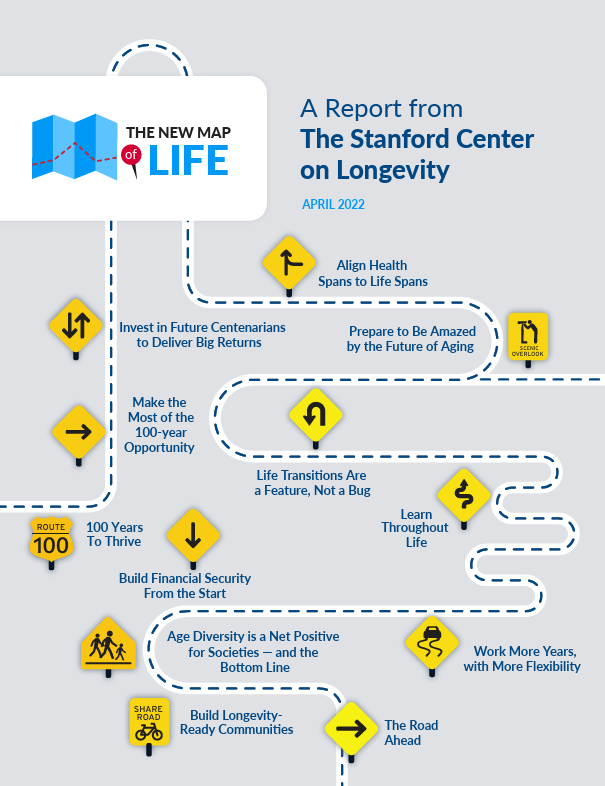Recognizing Excellence in Aging Services: The EODD Area Agency on Aging
Aging is a journey we all embark on, though perhaps with varying degrees of enthusiasm. For Generation X, the reality of aging is becoming increasingly tangible. While we may still feel like the “slacker” generation in our hearts (a nod to our youth), our bodies and experiences are telling a different story. This makes the work of organizations like the Eastern Oklahoma Development District (EODD) Area Agency on Aging (AAA) all the more critical.
Recently, the EODD AAA was recognized for its dedication to serving seniors in the region, receiving an award from the Oklahoma Association of Area Agencies on Aging (O4A). This recognition highlights the vital role AAAs play in supporting older adults and connecting them with essential resources. As reported by the Tahlequah Daily Press, the award acknowledges the EODD AAA’s commitment to improving the lives of seniors in their district.
Area Agencies on Aging are a crucial link for individuals navigating the complexities of aging. They provide a range of services, often including assistance with healthcare, nutrition programs, transportation, and in-home care. For Gen X, many of whom are now caring for aging parents while simultaneously facing their own age-related changes, AAAs can be an invaluable resource. They offer guidance and support, helping individuals and families access the services they need to maintain independence and quality of life.











